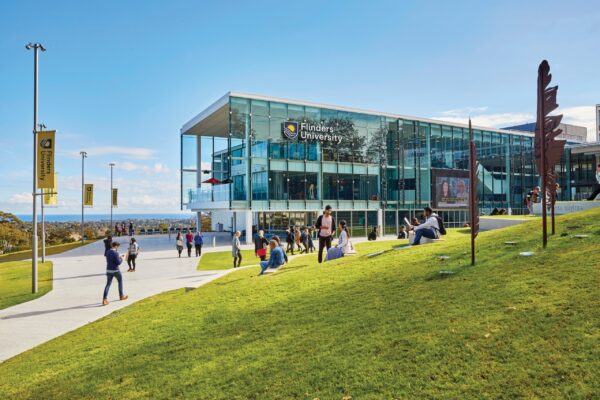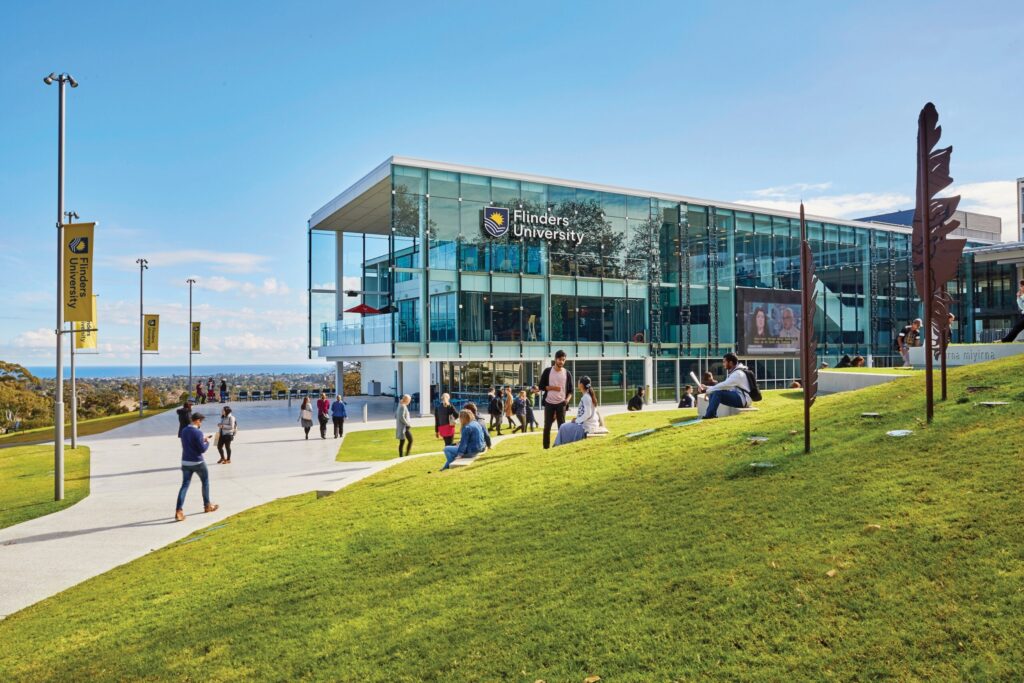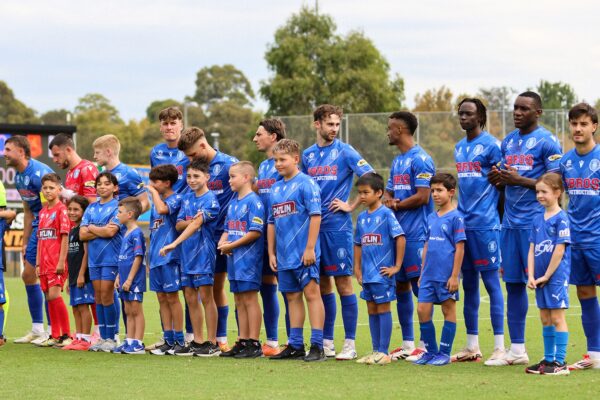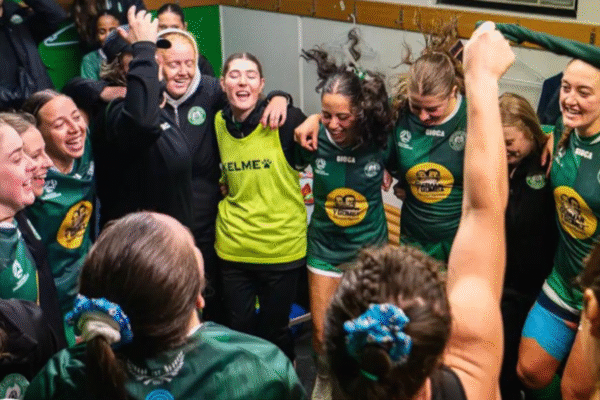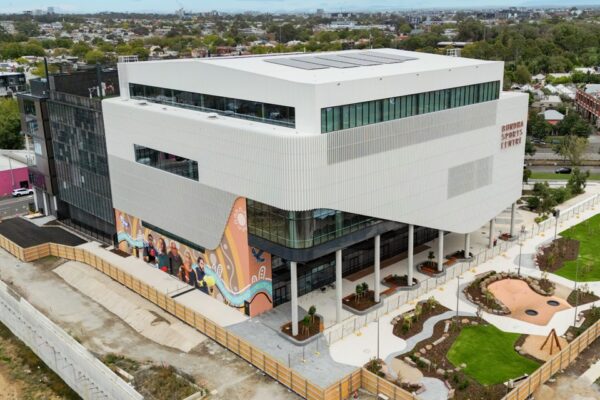
Can we afford to turn the lights on? That is the question many football clubs across the UK are asking themselves this winter, in the midst of an energy crisis.
Energy prices have skyrocketed throughout 2022 due to a shortage in supply, and renewable energy sources are producing less energy to power homes. The current war between Russia and Ukraine has also increased energy prices, with most nations halting all business with Russia, known for being a large fossil fuels exporter to the world. Football teams are now in the firing line, feeling the pinch of the energy costs required to operate a football club on a daily basis.
Conversations are being had at the highest levels of England’s League One and Two divisions, with many clubs feeling the squeeze of rising costs. The hike in electricity prices has clubs across the competition concerned that they may not be able to afford to run floodlights at their grounds.
The uncertainty around energy prices has already forced some clubs to make changes in the way they operate. League Two club Mansfield Town has informed the English Football League (EFL) and their fans that kick-off times will change in a bid to save money. The club’s home match in October against Walsall will be brought forward from 3pm to 1pm in order for the club to leave the floodlights off.
Up a division, League One side Shrewsbury Town shared insight on some of the astronomical figures clubs were facing. The Shrews’ CEO Brian Caldwell voiced his concerns stating that the club’s annual energy bills are expected to rise from £80,000 – £100,000 (approx $139,000 – $174,000) last season, to £160,000 – £200,000 (approx $278,000 – $348,000) this season.
Changing kick-off times to earlier time slots may just be a band-aid solution for the short term. Clubs may be able to save on the costs of running floodlights, but run the risk of damaging other streams of revenue, such as ticket sales and concessions. Nigel Clibbens, the CEO of League Two side Carlisle United, admitted that the club’s energy bills have doubled, but that his club would not seek to change kick-off times.
“The lost income in moving kick-off would make us worse off financially – reduced fan numbers attending earlier games and match day concession sales from early starts would be bigger than what we save,” he stated.
Turning off the lights and playing day matches may sound like a simple solution, but with winter approaching in the UK, clubs may not have a choice but to turn them on. Inclement weather could force clubs to use the lighting and possibly consume more energy with heating if it happens to snow. Most EFL clubs have undersoil heating which is used in snowy conditions to prevent the playing surface from freezing, whilst keeping all pitch markings visible in order for the match to be played.
Continued rises in club’s operating costs have called for emergency meetings among EFL Executives. Multiple meetings have taken place to date with the latest being on September 29 – and the discussions are still ongoing. Reports from the BBC suggest that parachute payments may be removed in order to make more funds available to clubs in the lower divisions of English football.
Parachute payments act as a pressure release valve for clubs who have been relegated from the English Premier League. These payments help mitigate the costs relegated clubs face when going down a division. The funds help with player wages and loss of revenue from Premier League TV deals. If implemented, this move will upset newly relegated clubs but may provide a more sustainable and level playing field for all clubs across the divisions.
Closer to home, the energy crisis is no stranger to Australia, with costs involved in running sporting clubs being debated once again. In recent times, Australian sporting organisations have raised concerns over energy prices and how they may affect clubs at the grassroots level. VIC Sport, which is the peak body for sport and active recreation in Victoria, highlighted some of the challenges that clubs face. The point was made that most clubs train in the evenings after children have finished school and adults have finished work. They have urged the government that more needs to be done to safeguard community sports from increasing costs.
With football clubs in the UK already feeling the pinch, all eyes will be on the EFL and how they handle the energy crisis heading into the winter months. The challenges that lie ahead are unprecedented for football clubs in the country, but many around the world, including the A-Leagues and National Premier League, will be watching with keen interest to see how one of football’s biggest nations handles this crisis.




